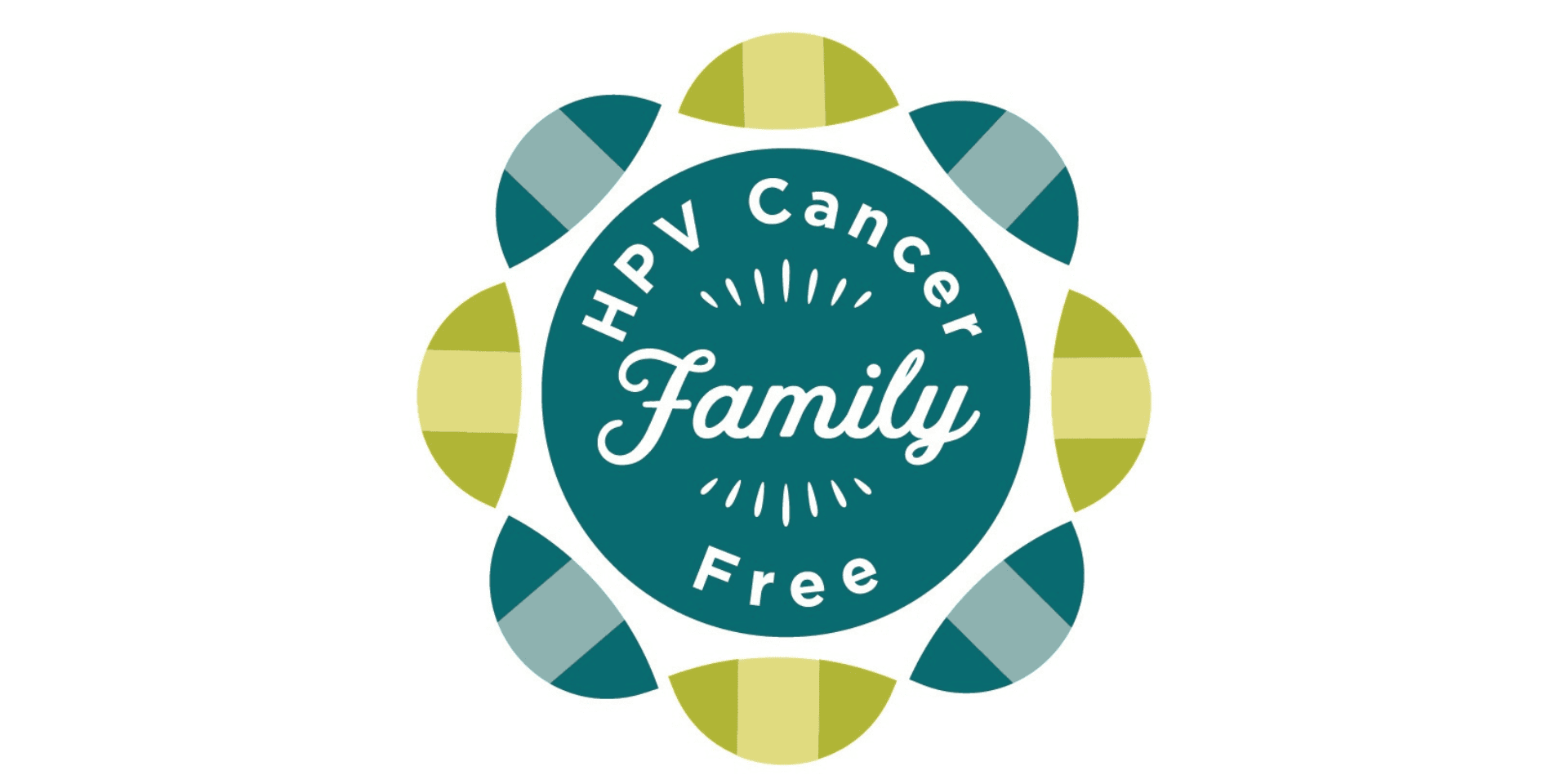
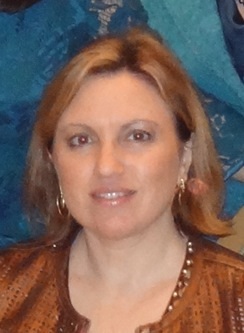 Special thanks to Debbie Saslow, PhD, Vice-Chair, National HPV Vaccination Roundtable, for this guest post highlighting the importance of human papillomavirus (HPV) vaccines.
Special thanks to Debbie Saslow, PhD, Vice-Chair, National HPV Vaccination Roundtable, for this guest post highlighting the importance of human papillomavirus (HPV) vaccines.
The National HPV Vaccination Roundtable, a coalition of more than 70 public and private cancer prevention and immunization organizations, aims to reduce the number of HPV-associated cancers through increased frequency and strength of clinician recommendations for HPV vaccine, decreased missed opportunities for HPV vaccine administration, and increased HPV vaccination rates at national and state levels, with a focus on girls and boys age 11-12 years. It is certainly preferable to prevent cancer than to treat it after it is diagnosed. While most HPV infections will go away on their own, infections that don’t go away can cause precancers and cancers.
In August 2017, the Centers for Disease Control and Prevention (CDC) released the 2017 NIS-Teen data on adolescent vaccination rates. While 6 out of 10 boys and girls get the first dose of HPV vaccine, many are not completing the recommended series. Recent changes to HPV vaccine recommendations mean preventing HPV cancers is easier now than ever before. The American Cancer Society, American Academy of Pediatrics, and CDC, among many others, recommend 11-12 year-olds receive two doses of HPV vaccine to prevent HPV-related cancers.
Now is the time for parents to protect their children against HPV cancers. If you are a parent or know parents with 11-12 year old children, I encourage you to join our Facebook group, HPV Cancer Free FAMILY. The group is an engaged online community where you can find answers to your HPV vaccine questions, as well as encouragement and support from HPV experts.
Healthcare professionals (HCPs) have an important role to play. A strong and consistent HPV vaccine recommendation is the number one predictor that parents will protect their children from HPV-related cancers.
To help and encourage HCPs to make strong HPV vaccine recommendations, the HPV Roundtable has created a continuing medical education module in which HCPs can hear what national experts, including perspectives of a pediatrician, an obstetrician- gynecologist, and a head and neck surgeon, are saying to their patients about HPV vaccines.
Parents and healthcare professionals must protect the children they care for 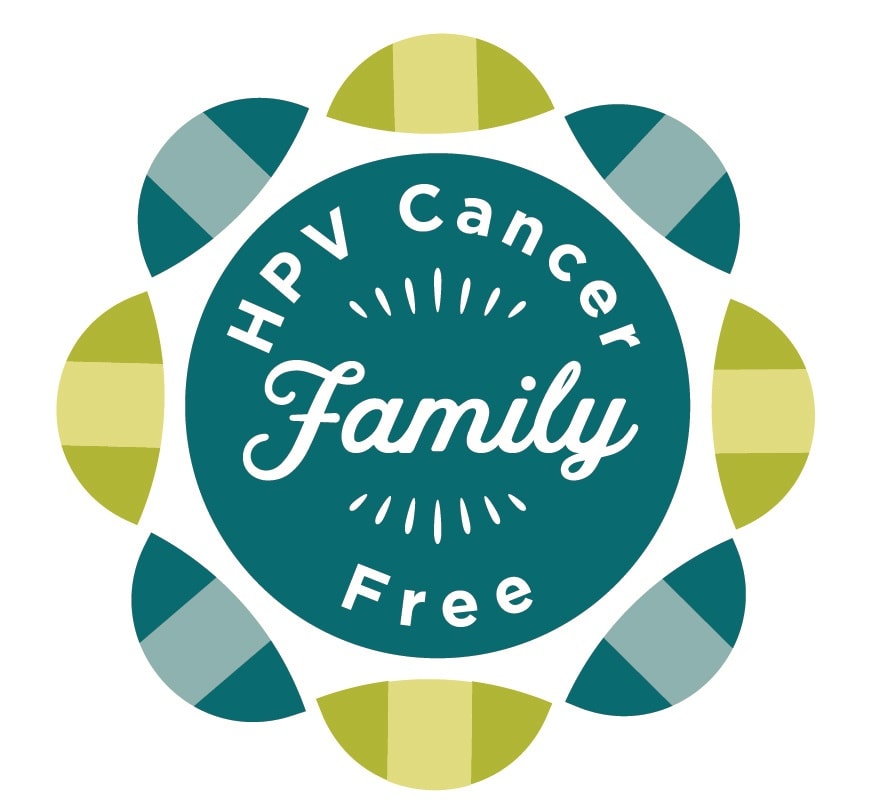 against HPV cancers. Every year that adolescents aren’t vaccinated is another year they are left unprotected from cancer-causing infections.
against HPV cancers. Every year that adolescents aren’t vaccinated is another year they are left unprotected from cancer-causing infections.
NFID also developed an online HPV Resource Center with information, tools, and resources for healthcare professionals to help increase HPV vaccination rates among boys and girls.
To join the conversation, follow NFID (@nfidvaccines) and the HPV Roundtable (@HPVRoundtable) on Twitter, like NFID on Facebook, follow NFID on Instagram, join the NFID Linkedin Group, and subscribe to NFID Updates.
Related Posts
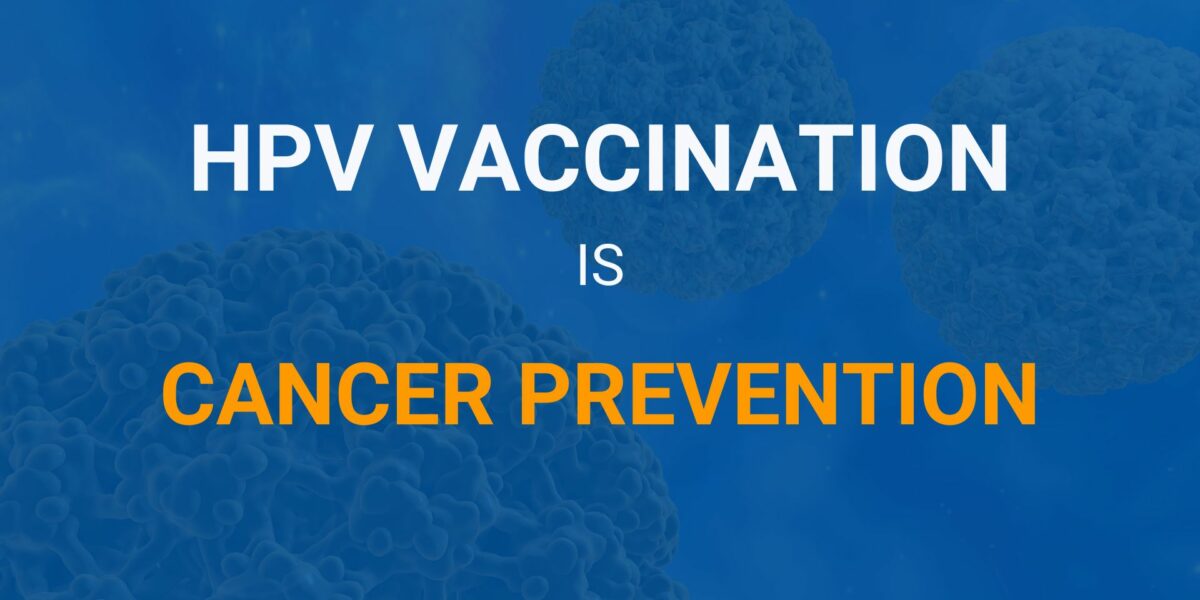
The Key to Preventing Cervical Cancer
January is Cervical Cancer Health Month, an important time to raise awareness and empower individuals to protect themselves against this often preventable type of cancer

ID News Round-Up: Bird Flu, COVID-19, HPV, and Norovirus
Read recent news of interest from the world of infectious diseases including insights and explanations on bird flu, COVID-19, HPV, and norovirus …
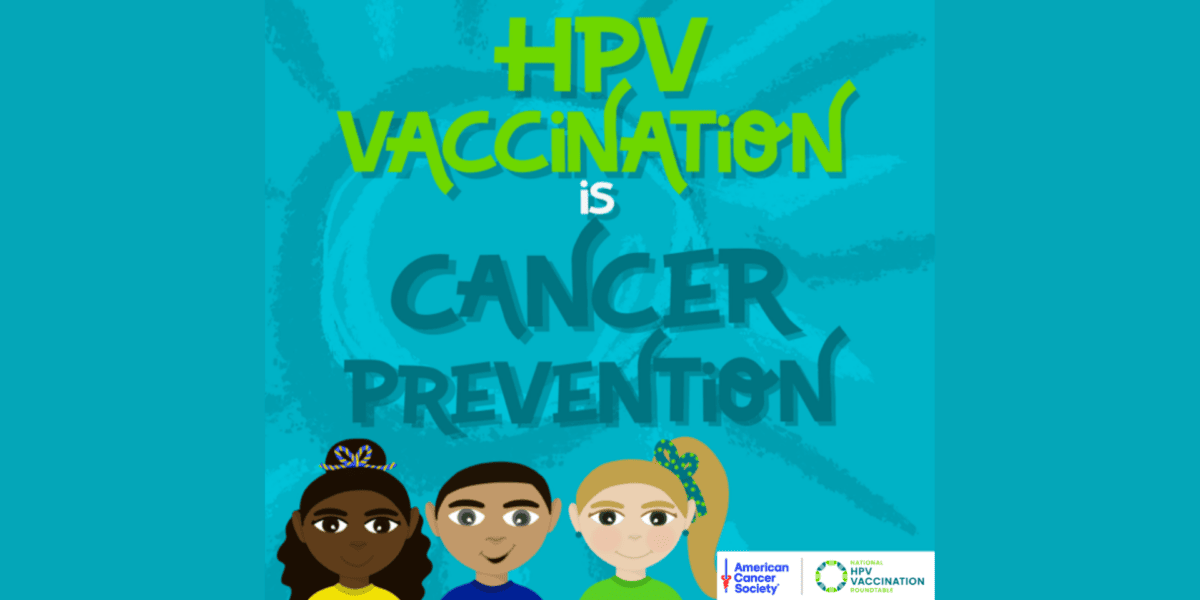
2 Simple Steps to Prevent Cervical Cancer
Vaccination helps protect against cervical cancer and other cancers caused by HPV
